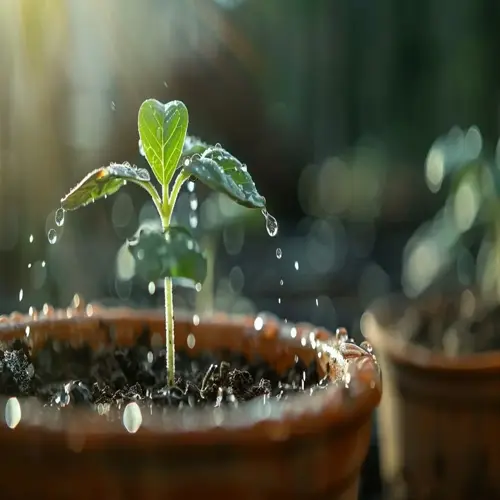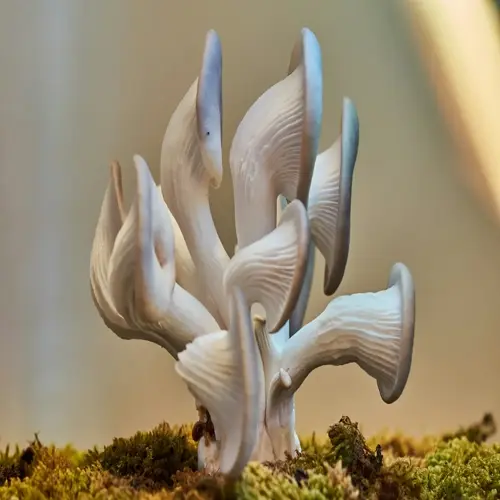How do I protect container peppers from pests?

Written by
Tina Carter
Reviewed by
Prof. Charles Hartman, Ph.D.Preventing container plants from becoming infested with pests requires some foresight when growing plants in close confinement. Pest populations increase rapidly in confined spaces, so you need to act promptly. I have developed a proven and reliable system that utilizes organic techniques to protect plants naturally, with no chemicals involved. Being proactive in scouting and correcting pest problems early will stop potential values from overwhelming your growing crop.
Regular Monitoring
- Inspect leaf undersides weekly with a magnifying glass
- Check for webbing, eggs, or sticky residue
- Monitor soil surface for fungus gnats
Organic Treatments
- Apply neem oil sprays every 14 days preventively
- Use insecticidal soap for immediate infestations
- Create garlic-chili sprays for chewing insects
Biological Controls
- Release ladybugs for aphid control
- Introduce predatory mites for spider mites
- Use beneficial nematodes for soil-dwelling pests
Conduct weekly inspection routines. Check each plant in detail. Examine stem joints and leaf surfaces with a bright flashlight, noting any sightings of pests and recording the treatment efficacy. Identifying pests early on enables targeted treatments before significant populations are established.
Use neem oil preventatively every two weeks during warm weather. Mix 2 tablespoons per gallon of water plus a few drops of dish soap. Spray both leaf surfaces to thoroughly cover all parts of the plant. After heavy rain, reapply to maintain that protective barrier against common insects.
Introduce beneficial insects, such as ladybugs, at the first sighting of pests. Do this when it is cooler in the evening, when they are more likely to stay put. Also, keep them hydrated using damp sponges. These natural predators can effectively control populations of aphids and other soft-bodied pests without the need for chemicals.
Immediately isolate affected plants using physical barriers. Relocate infested containers to separate trays, keeping them at a distance from healthy plants. Remove severely damaged leaves with sterilized pruners, sealing them in bags. Clean tools between plants with rubbing alcohol to prevent disease transmission from contaminated shears.
Read the full article: 10 Expert Tips: How to Grow Peppers in Containers

